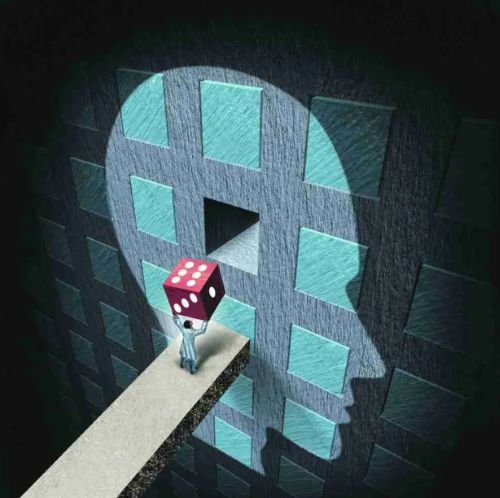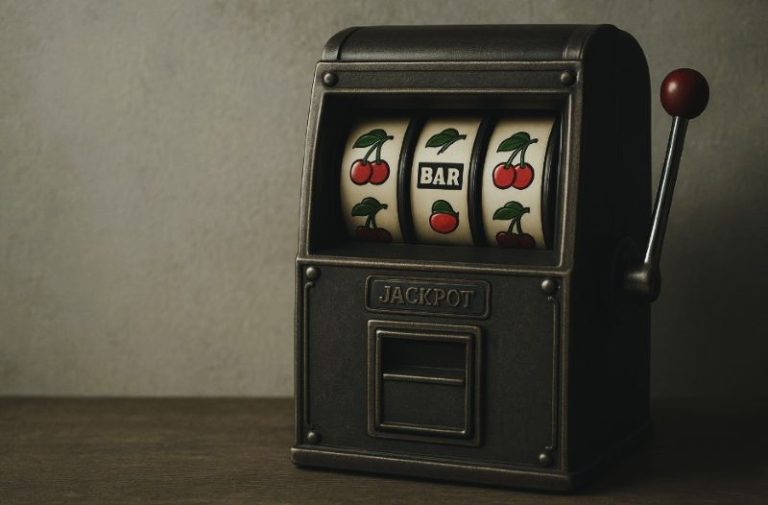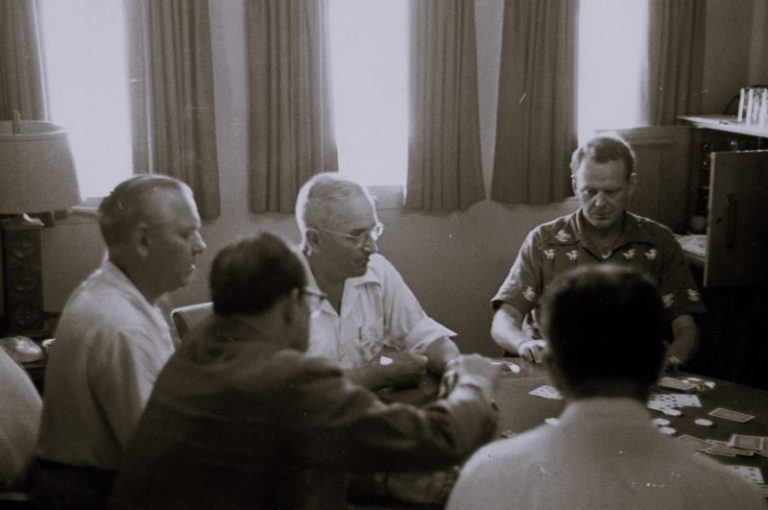

Gambling: flashing lights, clattering chips, the maybe-I’ll-strike-it-rich feeling… and the very real possibility of losing it all. It’s more than just a game; it’s a psychological playground. Different games tickle different parts of our brains, and Baccarat? Baccarat’s got a seriously fascinating double life. It pulls in both the high-octane thrill-seeker and the cool, calculating strategist. What’s the deal? We’re diving deep into the reasons why this seemingly simple game has such a grip on such wildly different personalities. If you’re looking for a comprehensive guide to online Baccarat platforms in 2024 and beyond, and specifically where to get more info, consider researching credible sources.
Baccarat 101: The Bare Bones
Okay, first things first, let’s nail down the basics. Baccarat (pronounced “bah-cah-rah,” for the uninitiated) has some serious pedigree. Think 1400s Italy, then a quick hop over to France where it got its modern makeover. Basically, there are two hands: the “Banker” and the “Player.” Your mission, should you choose to accept it, is to bet on which hand will end up closest to a total of nine. Cards are dealt, points are counted (Ace = 1, 2-9 = face value, 10s and face cards = zero, nada, zip), and then there’s this whole arcane set of rules about whether more cards get dealt. It can seem a bit fussy, but you get the hang of it.
But Baccarat has a certain reputation. It’s been the go-to game for high rollers, the kind of people who wouldn’t bat an eye at dropping a grand, or ten, on a single hand. Ever catch it in a James Bond flick? Yeah, it’s *that* game. Oozing sophistication, dripping with high stakes. It’s part of the allure.
The Risk-Takers: Chasing the Dragon
For some folks, it’s all about that rush. The adrenaline dump, the sweet uncertainty, the “what if…?” That’s a powerful siren song, especially for those of us wired for risk. We’re talking about the kind of people who live for fast-paced, high-stakes action. When we gamble – *really* gamble – our brains get flooded with dopamine, the “happy” chemical that’s all about pleasure and reward. The bigger the risk, the bigger the dopamine hit. It’s a legitimate high built on uncertainty.
You know, there are these psychological theories floating around, like the Sensation-Seeking Theory. Basically, some of us are just built to crave unpredictable, exciting experiences. We’re not scared of a little chaos; in fact, we find a weird kind of comfort in it. For these folks, Baccarat’s a stage, a place to feel alive. That’s what pulls them in.
So, why Baccarat and not, say, craps? It’s simple: speed and…simplicity! A round can be over in seconds. No need to memorize complex strategies, or spend hours studying rules. It’s more about trusting your gut and just going for it. Take the popular Punto Banco variant. You’re betting on the Banker, the Player, or a Tie. Bam. Each bet’s got the potential for a big win. For a risk-taker? It’s pure catnip.
Plus, there are those high-limit rooms. Talk about catering to a specific audience! The minimum and maximum bets in these places can be astronomical. It’s a world where a single decision can mean a massive payday… or a truly epic loss. That kind of high-stakes environment just cranks up the adrenaline, turning Baccarat into a seriously intense and compelling experience for the risk-inclined gambler.
The Strategists: Where Logic Meets the Felt
Alright, let’s shift gears. Now we’re talking about the strategists, the analytical minds who live for logic and probability. They might not be chasing the same adrenaline rush. Instead, they’re in it for the intellectual workout. They’re hunting for patterns, crunching numbers, looking for that tiny little edge. Baccarat appeals because it *seems* controllable. Or, at least, there’s the *possibility* of control.
For these players, it’s about analyzing the house edge. See, the Banker bet usually has a slightly lower house edge than the Player or Tie (though they often take a commission on Banker wins). Strategists? They’ll fixate on that. That tiny little advantage becomes their whole world, informing their entire approach to the game. It’s not about the thrill. It’s about the calculation, weighing the probabilities.
And then come the betting systems. These players are all over betting systems to try and maximize their wins and minimize their losses. You got the Martingale system, where you double your bet after every loss, hoping to recoup everything with a single win. Risky, right? There’s the Paroli system, which is a progressive approach: you increase your bet after each *win*, riding the wave of success. Or maybe the 1-3-2-6 system, a slightly more conservative progressive system.
Now, listen, let’s be crystal clear: Baccarat is a game of chance, plain and simple. But the *illusion* of control is powerful. Strategists get satisfaction from tracking trends, analyzing past results, and tweaking their bets. Maybe they notice the Banker has won a bunch of hands in a row. Or there’s a repeating pattern. Bank, player, bank, player. Does it *actually* mean anything for future outcomes? Probably not. But it gives these players a sense of order in what’s otherwise a chaotic environment. Important thing to remember, though? All those betting systems have limits. They’re not a guaranteed path to riches. They just influence how these players approach the game.
Cognitive Biases: We’re All Human
This is where it gets interesting. Risk-taker or strategist, we’re all vulnerable to cognitive biases. Those little mental shortcuts that can lead to some seriously irrational decisions.
The Gambler’s Fallacy is a big one. It’s that nagging feeling that if something happens more often than normal for a while, it’s *got* to happen less often in the future, and vice versa. “The Player’s won five times in a row! The Banker *has* to win next!” It’s a trap, people!
Confirmation bias is another sneaky one. We tend to seek out and believe information that confirms what we already believe. Think the Banker is “due” for a win? You’ll only see evidence that supports that. Ignore anything that says otherwise.
And don’t forget overconfidence bias. That’s when you think you’ve somehow *mastered* a game of pure chance. You’ve cracked the code! That inflated sense of skill? That can lead to some really reckless bets.
Both risk-takers and strategists can fall prey to these biases. Risk-takers get cocky after a winning streak. Strategists see patterns where they don’t exist. Both leading to misguided betting.Anecdotally I know someone who was betting on baccarat and lost everything he owned and ended up in a very dark place. I tried to tell him he was experiencing gambler’s fallacy but he was too far gone.

Baccarat’s Enduring Appeal: A Balancing Act
So, we’ve got two seemingly opposite types of Baccarat players. The risk-takers, who live for the adrenaline and the high stakes. And the strategists, who get their kicks from analyzing probabilities and working those betting systems.
And you know what? Baccarat’s genius is blending pure, dumb luck with the *perception* of control. It’s a high-octane thrill ride for the risk-taker. It’s an intellectual puzzle for the strategist. It’s that unique combination that makes Baccarat so darn appealing, and so enduring.
Look, knowing your own gambling tendencies is key. Are you driven by the thrill? Or the allure of strategy? Knowing the psychological factors at play can lead to more informed – and responsible – play. So, next time you find yourself at the Baccarat table, take a moment to ask yourself: which side are you on? It’s a game that speaks to so many different kinds of players. It’s got luck, it’s got the illusion of control, and that’s what keeps it a mainstay in casino culture.


